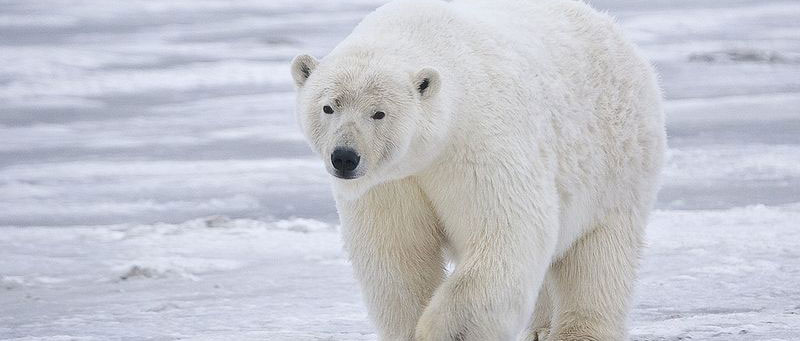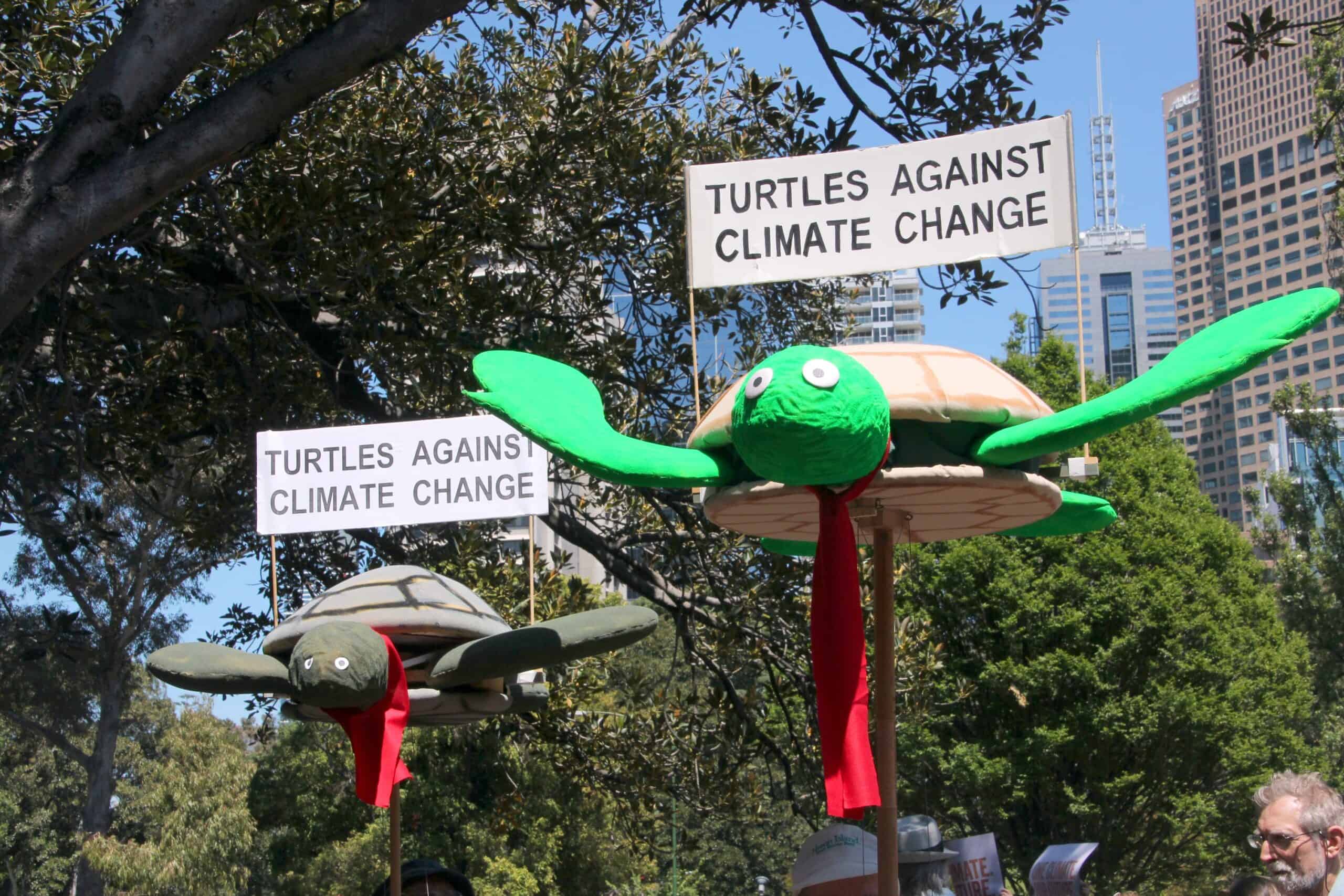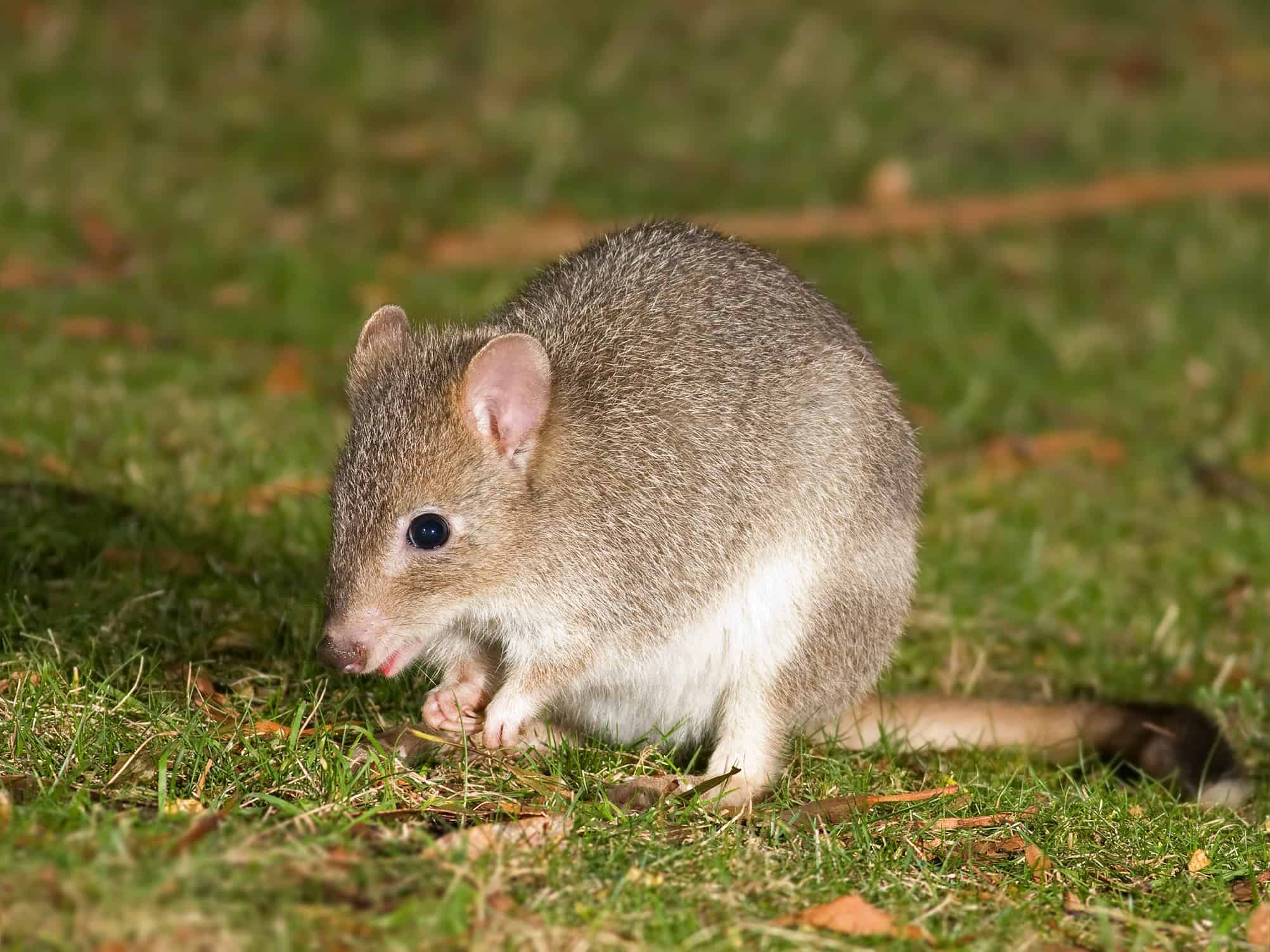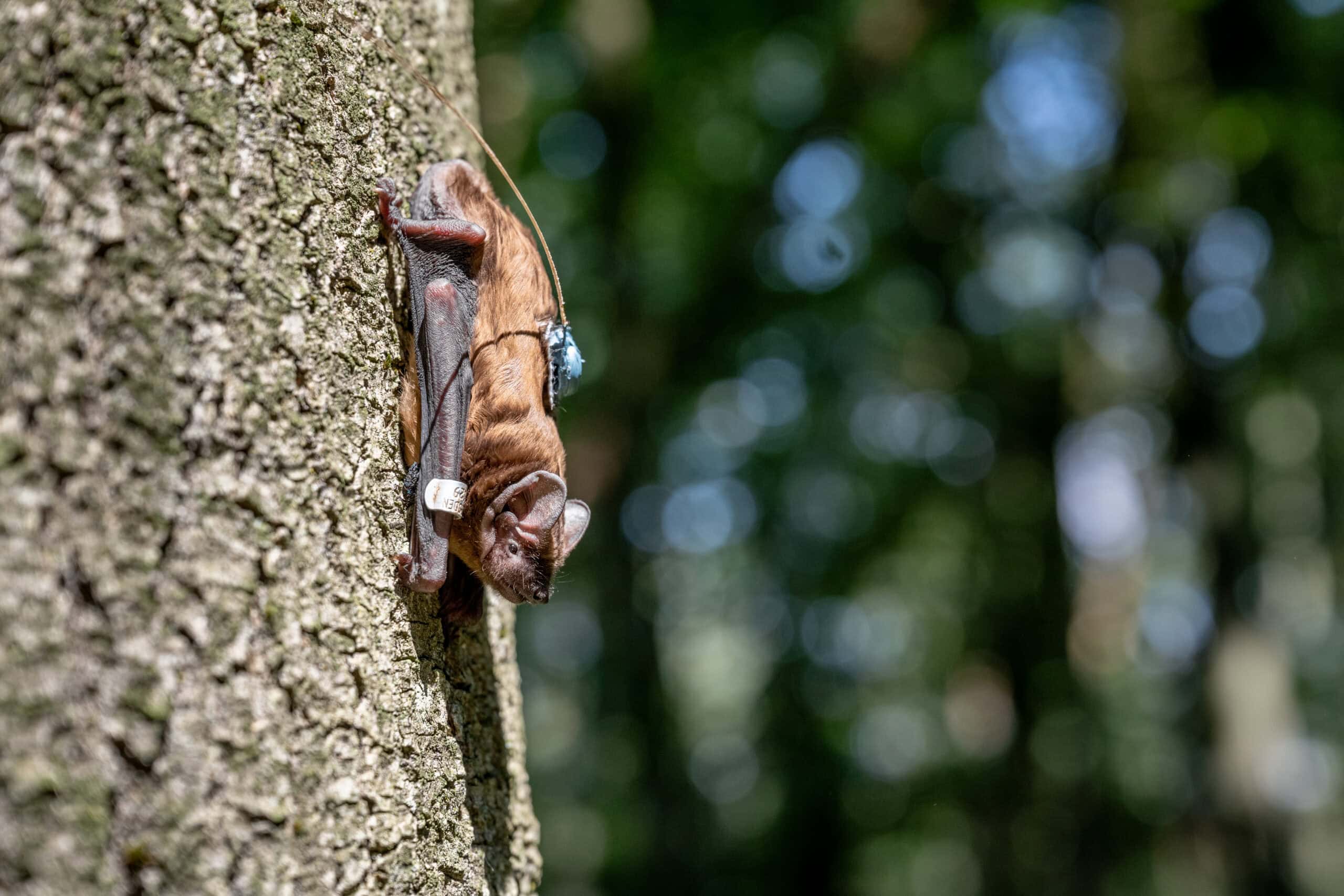Share this article
Groups Come Together on Polar Bear Hunting
Several aboriginal organizations, local hunters, and territorial and provincial governments in Canada reached a landmark agreement to manage the Southern Hudson Bay polar bear subpopulation. Environment Canada announced the agreement last week which calls for an annual harvest of 45 bears over two years, with hunting rights spread among the signees. The quota will take effect next month and will last until November 2016 when the groups are scheduled to convene again to renew the agreement.
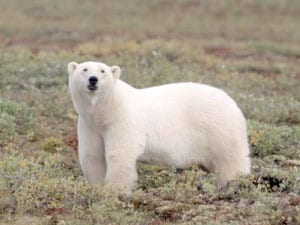
A polar bear found on Akimiski Island in James Bay in the southern Hudson Bay region in fall. Aboriginal hunting groups and Canadian governments have agreed on a hunting quota for the Southern Hudson Bay subpopulation (Image Credit: Martyn Obbard/Polar Bear International).
The Southern Hudson Bay population of polar bears is notoriously hard to manage due to the mix of aboriginal, territorial, provincial, and federal governments that control the land. The previous agreement in place was a 60 bear per year voluntary quota set in 2011.
There are an estimated 900 bears in the subpopulation that spans northern Quebec, Ontario and southern Nunavut. Some scientists question whether hunting can continue to be sustainable since climate change is reducing ice coverage that polar bears need to successfully hunt. Aerial surveys indicate that the population has remained stable in recent years, but scientists and natives disagree on the merit of those surveys. Climate change could be leading to reduced numbers and deteriorating health of the polar bears that the surveys not yet indicating.
Environment Canada has not announced how the rights to hunt the bears will be split among the signatory groups.
Sources: CTV News (October 15, 2014), Government of Canada (October 10, 2014), Nunatsiaq Online (October 14, 2014)
Header Image: Image Credit: Alan Wilson



